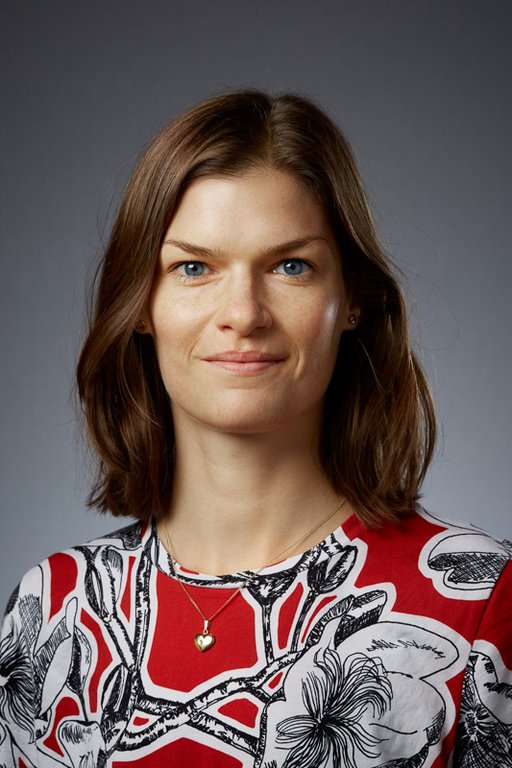Why do wealthy, well-educated, white men ’run the world’?
Associate Professor of Political Science Kristina Bakkær Simonsen from Aarhus BSS at Aarhus University has received an ERC Starting Grant of €1.5 million to examine why political marginalisation is such a persistent phenomenon.

A core principle of democracy is the principle of equal voice. But, look at any picture of contemporary parliaments and you’ll see that politics is far from equal: Nowhere – not even in longstanding democracies – are the voices of women, ethnic minorities, and people with fewer socioeconomic resources represented to the same degree as wealthy, well-educated, white men. But why does it have to be this way?
Associate Professor of Political Science Kristina Bakkær Simonsen has received the prestigious ERC Starting Grant of €1.5 million to examine why – already from a young age – we all seem to form stereotypes about who can be a politically powerful person.
”Research has tended to point to the lower political ambition of underrepresented groups, but this focus ends up inadvertently blaming political marginalization on those who are underrepresented,” says Kristina Bakkær Simonsen.
In her new project The Paradox of Political Marginalisation: Young People and Political Power – YOPOW, Kristina Bakkær Simonsen instead turns to another explanation:
”I want to direct our attention to the underlying norms that exist in a society and make a lasting imprint on us from a young age by shaping how some groups are seen – and see themselves – as natural in the political domain, whereas others aren’t recognized as fit for power,” she says and adds:
”Political marginalisation constitutes a major democratic problem: It biases decision making, challenges democratic legitimacy and creates political alienation.”
According to Kristina Bakkær Simonsen this is why it is important to, be able to explain why political marginalisation is such a persistent phenomenon.
The stereotypes of the youth
To do so, YOPOW will study the messages young people receive, the beliefs they hold, and the unequal experiences they have with political power. For instance, with machine-learning techniques, the research project will analyse how different types of politicians are described in school materials, on politicians’ social media profiles, and in children’s news media, and the research group will conduct interviews with youth to understand how they imagine people with political power. Finally, via a diary app that is distributed to student council representatives and youth politicians, the project will shed light on how different types of young people experience and exercise political power.
”The ultimate aim of YOPOW is to fundamentally change our understanding of political marginalization as a phenomenon that takes root in early life and is relevant to all of us,” says Kristina Bakkær Simonsen who is eager to start the project.
”I’m over the moon to receive the ERC Starting Grant! Applying for such a big grant is tough – it’s a lot of sweat and, yes, some tears… I’m so grateful it worked out. The grant provides a unique opportunity to devote the coming years to researching a problem I believe is truly important. I can’t wait to get started.”